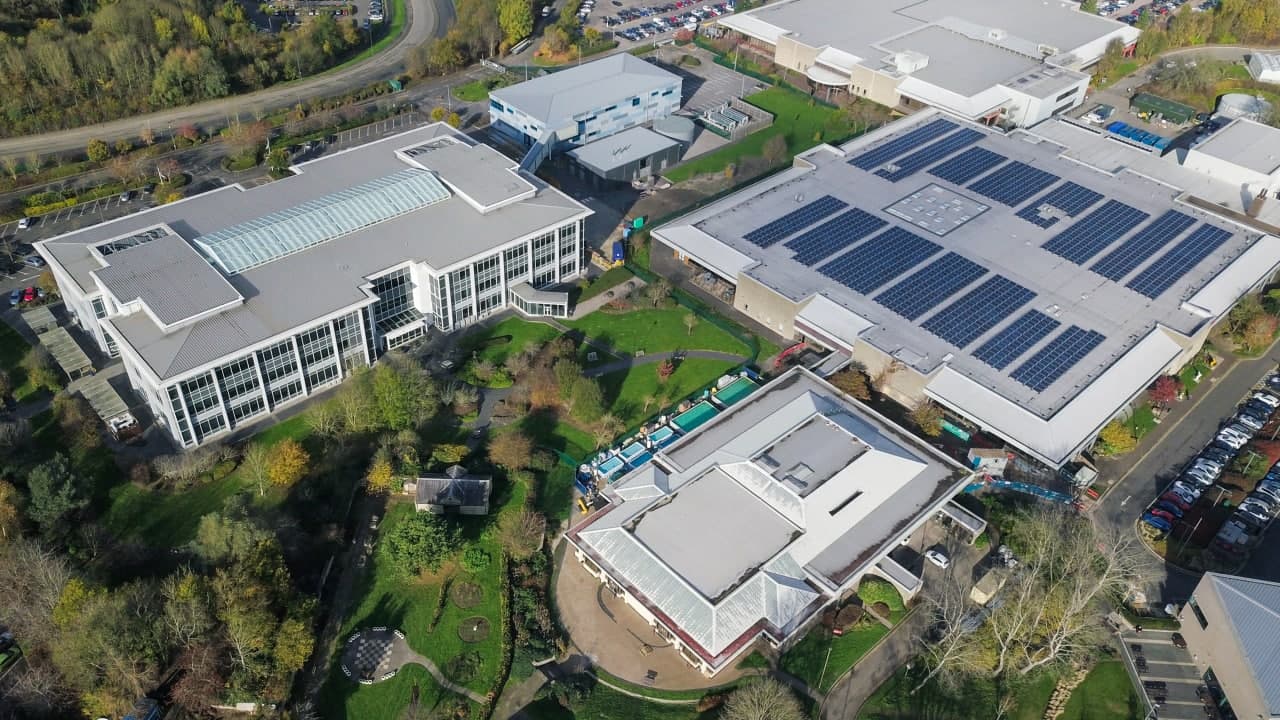We are facing many environmental challenges – needing your help!
Through the Master of Environmental Science, you’ll learn scientifically rigorous ways to solve grand environmental challenges such as air and water quality, climate change, energy transformations, conservation and ecosystem management, and food security.
You'll specialise in an area of your choice, learning from leaders in their fields, while also building professional skills in communication, policy and business.
Our Industry Project in Environmental Science lets you work with one of our industry partners, like Melbourne Water or the Victorian EPA.
In demand globally
You’ll finish with the skills needed to take on a career as an environmental specialist in areas like climate change, energy transformation, pollution monitoring and management, site remediation, food security, biodiversity and conservation.
Tailor your course
You'll take subjects in environmental problem solving, risk assessment and industry engagement. In addition, you’ll choose from the wealth of Environmental science discipline and interdisciplinary subjects to obtain a specialisation suited to the environmental challenges of your choice.
Develop your skills with real-world problems
You’ll leave the course with a major industry-based research project to feature in your CV. In this project, you’ll apply your environmental science knowhow to real-world problems, for one of our industry partners.
If you’d like to gain even more real-world experience, you can also choose to complete an internship in a relevant workplace for course credit.
Gain more than just technical skills
We know that soft skills are important too, which is why we include a subject on scientific communication, to ensure you can speak and write effectively about your research.
Interdisciplinary, multi and cross-disciplinary science is essential when addressing environmental issues. No longer can specialist researchers working in isolation. Instead, ecologists work on major infrastructure projects and geographers work with urban utilities, and sustainability experts work with lawyers.
We need people who can stand back and look at the big picture, to find the connections and build the networks of people to solve the world's environmental problems. Take the Great Barrier Reef, for example. Biologists, agricultural scientists, climate scientists, economists, and sociologists are just some of the groups that need to work together to find the way forward to protect this irreplaceable treasure. As a project coordinator, you could find the connection that makes all the difference.
Our graduates go on to work as:
Environmental scientists
Environmental engineers
Environmental policy developers and regulation specialists
Soil specialists
Ecologists.
Employers in this field include:
Government departments of agriculture and environment such as State Government, Parks Victoria, EPA Victoria and Bureau of Meteorology
Corporate business including AECOM, Cardno, Jacobs and GHD
Academic and public research institutions such as universities, or the CSIRO.
Technical and professional skills
When you graduate from the course, you’ll have a broad understanding of environmental science, with specialist skills and practical industry experience.
For international students
In order to be considered for entry, you must have completed an undergraduate degree with a major in a relevant discipline (agricultural science, biological science, chemistry, Earth science, ecosystem science, environmental engineering, environmental science, forestry, geography, mathematics and statistics or physics) with a weighted average mark (WAM) of at least 65 percent.
English language requirements:
IELTS (academic English Only): 6.5 (no band less than 6.0)
TOEFL Internet-based test: 79 + ; Writing 21; Speaking 18; Reading 13; Listening 13;
Pearson Test of English Academic: 58 + no communicative skill below 50
Cambridge English: Advanced/ Certificate of Advanced English (CAE): 176 + no skill below 169.
Language requirements
2 years - Full time
![Fee]()
Fee
A$50,304.00 (US$ 34,206) per yearIndicative total course fee: AUD $103,123 Please check with institution
![Start Date]()
Start Date
![Address]()
Address
Parkville Campus, Grattan Street, UNIVERSITY OF MELBOURNE, Victoria, 3010, MELBOURNE, Australia

Description
Requierments
Study options






 Stay in touch with us
Stay in touch with us









